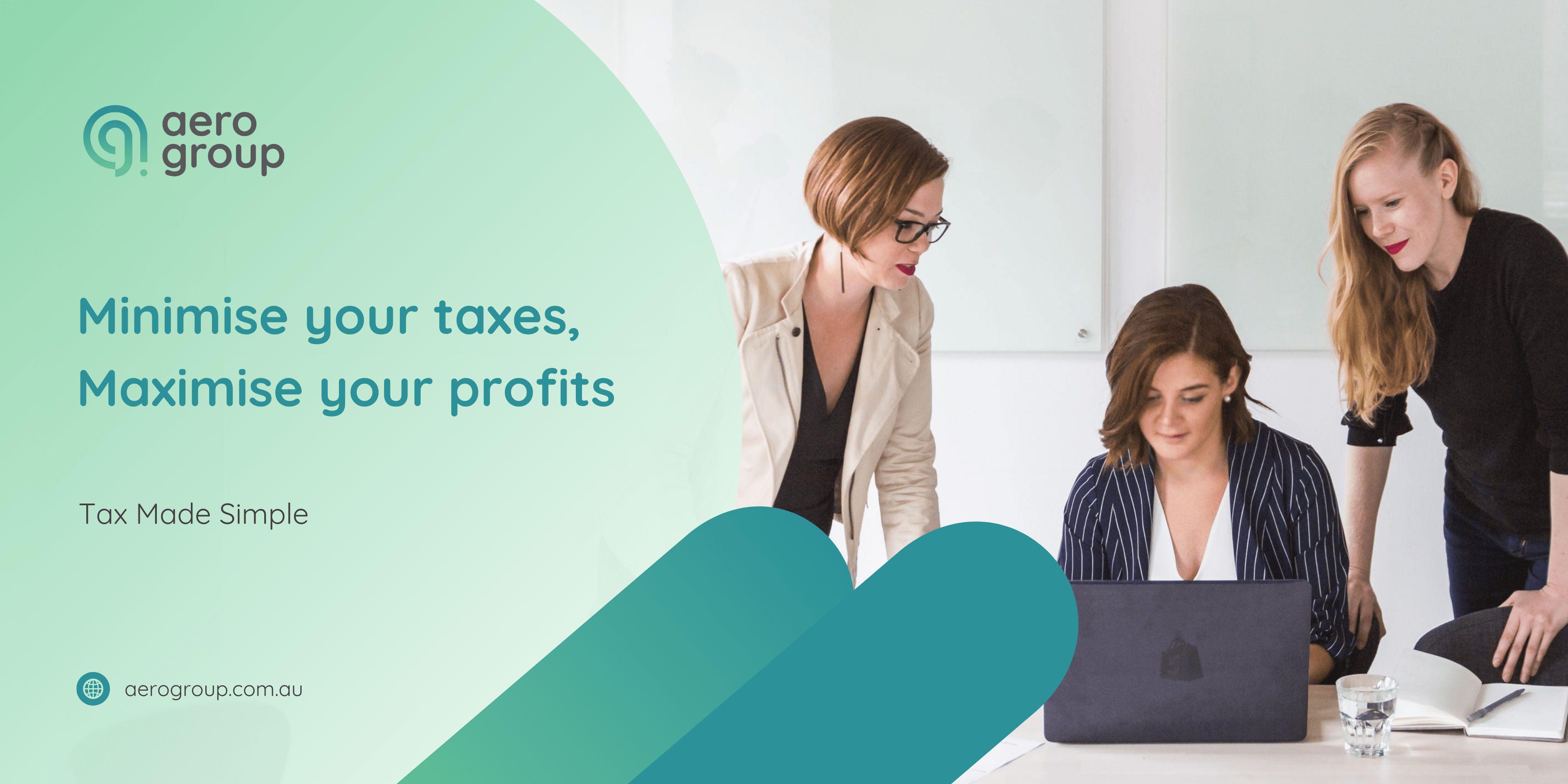Sole Trader Tax Tips: Maximise Your Deductions and Minimise Your Tax Bill

Sole Trader Tax Tips: Maximise Your Deductions and Minimise Your Tax Bill
Running a business as a sole trader gives you flexibility and control, but it also comes with a crucial responsibility—managing your taxes effectively. Many sole traders miss out on valuable tax deductions simply because they’re unaware of the options available. Whether you’re just starting out or looking to fine-tune your tax strategy, understanding how to maximise your deductions is key to optimising your return.
This guide will walk you through some of the most important tax deductions you can claim as a sole trader, so you can feel confident you’re not leaving any money on the table.
Sole Trader Tax Obligations: The Basics
As a sole trader, your business income is reported as part of your individual tax return, meaning your earnings are taxed at your personal income tax rate. The good news? You’re eligible for the tax-free threshold (currently $18,200 in Australia), which means small business owners or side hustlers don’t pay tax on the first portion of their earnings.
However, with this flexibility comes the responsibility of managing all your tax-related obligations. This includes record-keeping, reporting all business income, and claiming deductions to reduce your taxable income. Now, let’s look at the top deductions you should be considering.
Key Tax Deductions Every Sole Trader Should Know
1. Claiming Car Expenses
Do you use your car for work-related travel? If so, car expenses are one of the largest deductions you can make as a sole trader. You can claim fuel, servicing, loan interest, registration, insurance, and even depreciation, provided your vehicle is used for business purposes.
Work-related travel includes trips between job sites, client meetings, or transporting work-related tools—though commuting from home to your regular workplace isn’t deductible. To claim, you’ll need to use either the logbook method or the cents-per-kilometre method, depending on what works best for your situation. Keeping accurate records is crucial for substantiating your claim with the tax authorities.
2. Tools and Equipment Deductions
If you use tools or equipment in your business—whether it’s a power drill or design software—these items can be claimed as tax deductions. For items costing under $300, you can claim the full amount. For more expensive equipment, you’ll need to depreciate the cost over time. Keep in mind that only the portion of time you use the item for work can be claimed, so if a tool is used for both business and personal reasons, you can only deduct the work-related portion.
3. Home Office Expenses
Operating your business from home opens up another area of potential tax savings. You can claim home office expenses, including electricity, phone, internet, and even depreciation on office furniture. You’ll need to choose between claiming a fixed rate or actual costs, depending on your work setup and personal preferences.
Just ensure your claims accurately reflect your work-related use of the home office space to avoid any issues down the line.
4. Travel Expenses
If you’re required to travel for work and stay overnight away from home, expenses for meals, accommodation, and incidental travel can be claimed. These claims are limited to overnight trips for work purposes—standard commuting or personal trips won’t qualify.
5. Clothing and Laundry
Specialised work clothing, like protective gear or branded uniforms, may also qualify for deductions. Clothing must be specifically designed for your job to protect you from injury or be part of a compulsory uniform to be deductible. Ordinary business attire—like suits or black pants—does not qualify.
6. Self-Education Expenses
If you take courses to improve your skills related to your current business, these education costs may be deductible. However, general courses or training for a different career don’t qualify, so it’s essential to check the eligibility of any education expenses before claiming them.
7. Other Important Deductions
In addition to the major categories, don’t overlook other common deductions, such as:
Advertising and marketing costs
Accounting and legal fees
Bank charges and loan interest
Software subscriptions
Insurance premiums
Repairs and maintenance for work equipment
Why It Pays to Stay Organized
To maximise your tax return, it’s essential to keep meticulous records. All your expenses need to be documented and directly related to earning your income. That means keeping receipts, invoices, and financial statements, as well as separating any personal costs from business expenses.
Take Control of Your Tax Return with Aero Accounting Group
Managing taxes as a sole trader can be complex, and overlooking deductions means potentially missing out on significant savings. At Aero Accounting Group, our team of experts is dedicated to helping sole traders and business owners navigate their tax obligations with confidence.
Whether you need assistance with tax planning, bookkeeping, or simply want to ensure you’re claiming everything you’re entitled to, we’re here to help.
Get in Touch Today!
Take the stress out of tax season. Contact Aero Accounting Group today to schedule a consultation with one of our experienced accountants. We’re ready to provide you with the expert guidance you need to manage your business taxes effectively and maximize your deductions.

Need help?
Not sure if your current accountant is a good long-term fit? Contact us at Aero Accounting Group today and we’ll help you minimise your taxes and maximise your profits





